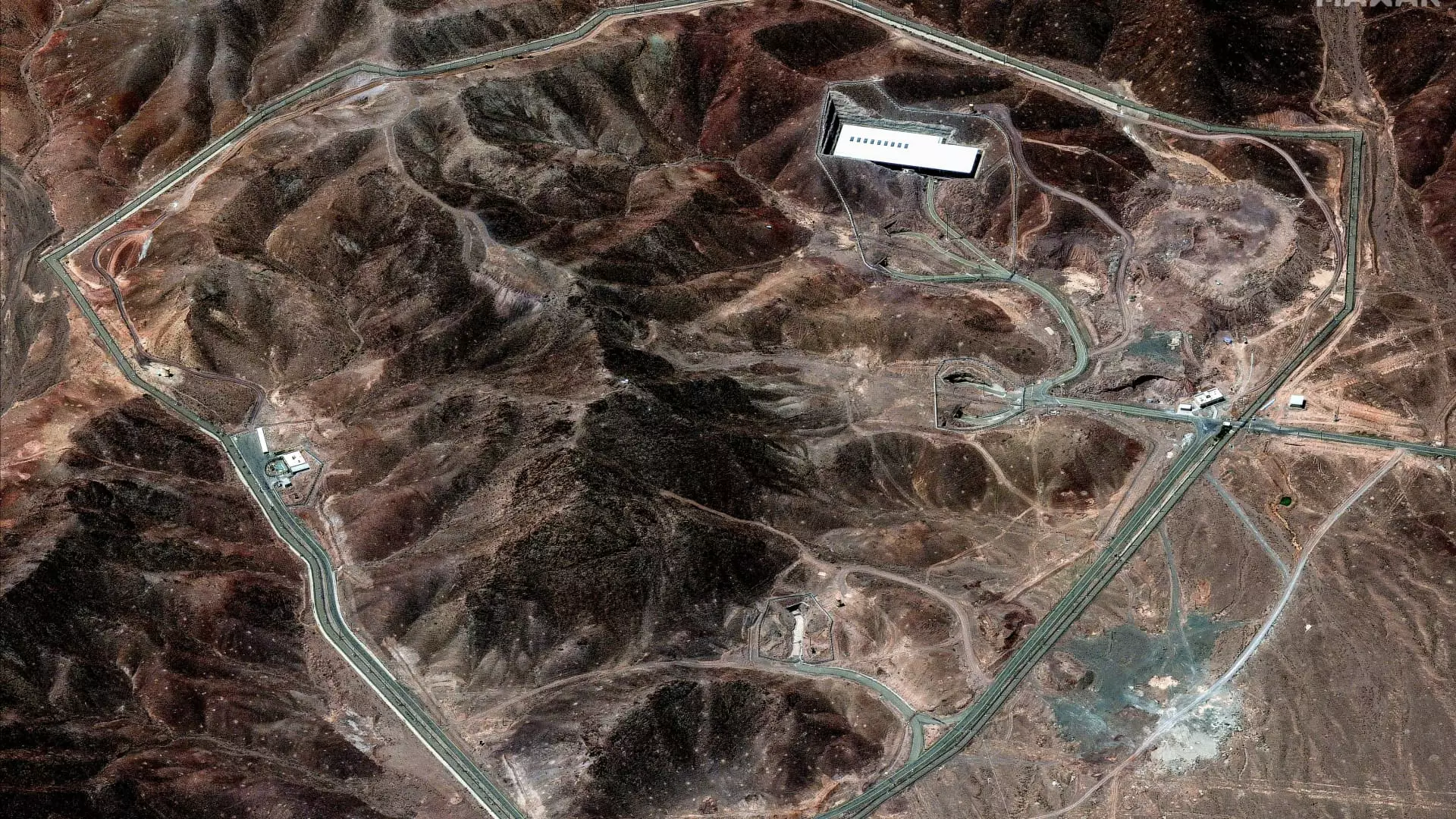In a world riddled with threats, the intricacies of international military action often blend with a cacophony of reports that challenge the public’s understanding of what actually transpires behind closed doors. The recent airstrikes targeting Iran’s Fordo nuclear facility serve as a stark reminder of how national narratives can shape perceptions of truth. Despite claims made by some Israeli sources that Iran relocated nuclear materials right before the bombings, U.S. intelligence sharply contradicts this assertion. Senator Markwayne Mullin boldly insists that Iran did not manage to move any materials out of Fordo and might even have stored more there, believing it was invulnerable. This stark disagreement between the intelligence community and foreign narratives compels one to reflect on the potential consequences of misinformation in international relations.
Trust and Accountability on the Line
Senator Mullin’s portrayal of the airstrikes as a significant victory against nuclear proliferation evokes an unsettling question: where is the accountability? While he suggests that the strikes might have “severely damaged, if not completely destroyed” Iran’s nuclear capabilities, it’s critical to examine the political implications of such statements. Mullin states that “President Trump has made it very clear for ten years” that the U.S. would not allow Iran to possess nuclear weapons. But hollow assurances ring ominously if predicated upon a shaky foundation of intelligence. The complexity of modern warfare necessitates that any military action hinges upon verified facts rather than conjecture. If the U.S. military response is indeed based on flawed intelligence, the ramifications for U.S. credibility and the humanitarian costs could be profound.
The Illusion of Military Solution
What’s perhaps more worrying is the underlying implication that military action is a sustainable solution to the conflict with Iran. Mullin’s statements suggest a willingness to engage in further strikes, framing the situation as being one where collaborative military efforts with allies like Israel will be necessary. Disturbingly, this perspective hints at a more entrenched U.S. military commitment that flies in the face of diplomatic solutions. With the complexities of regional politics in play, a reliance on bombings as a primary strategy seems set to perpetuate a cycle of violence. Military might does not equate to lasting peace, and Mullin’s assertion reveals little acknowledgement of this fact.
Obliteration vs. Deterrence
President Trump’s declaration that the strikes “completely obliterated” Iran’s nuclear facilities feels eerily reminiscent of grandstanding, where exaggeration replaces constructive discourse. It strategically sidelines the need for diplomatic avenues to curtail nuclear proliferation. In the quest for deterrence, it is not enough to strike with ferocity; understanding the broader implications of such actions—including the potential for retaliation and escalation—is essential. If the airstrikes only fuel Iran’s resolve to develop nuclear capabilities clandestinely, one has to question whether the objective of global security had actually moved forward or regressed into a far worse scenario.
The Broader Implications of Preemptive Strikes
Turkey and Russia observe keenly as the U.S. engages in a high-stakes narrative, and such preemptive military actions can rapidly escalate into global crises beyond the immediate conflict with Iran. In a fractured political landscape, the risks of severe blowback from military operations are not confined to the Middle East. As the world scrutinizes America’s role as an arbiter of democracy and peace, the use of preemptive strikes could tarnish its reputation and further sever ties with potential allies who seek stability and dialogue over aggression.
In the end, one can only hope that the lessons of history resonate clearly: military actions, while sometimes necessary, must be grounded in transparency, accountability, and a commitment to diplomacy. As we navigate the turbulent waters of international relations, clarity and purposeful engagement, rather than bombastic rhetoric, offer a path toward sustainable peace and collective security.


Leave a Reply